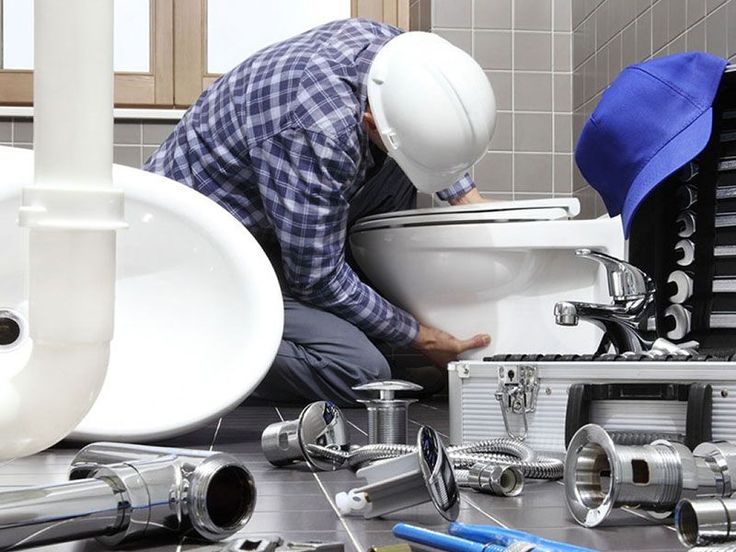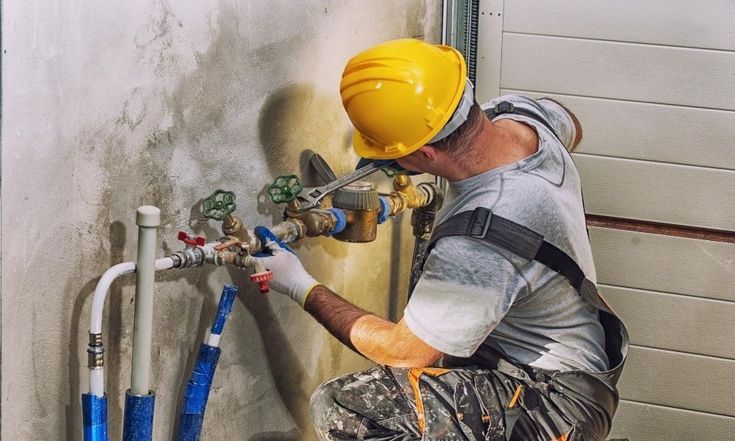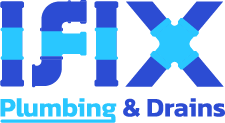The Importance of Regular Plumbing Inspections: A Comprehensive Guide for Homeowners


Plumbing is one of those aspects of a building’s infrastructure that most people tend to take for granted — until something goes wrong. From a small drip to a full-blown leak, plumbing issues can escalate quickly, often leading to costly repairs and potentially serious damage. However, regular plumbing inspections can save homeowners and businesses alike from these headaches, improving the longevity of their plumbing system and ensuring a safer, more efficient environment.
In this article, we’ll explore why regular plumbing inspections are crucial, what they involve, and how they can save you time, money, and stress.
Why Regular Plumbing Inspections Matter
Plumbing is a complex and essential system that runs beneath the surface of every home and business, ensuring the safe delivery of water, heating, and sanitation. Without it, daily life would be significantly more challenging. Unfortunately, plumbing systems are prone to wear and tear over time, with issues often developing gradually before becoming noticeable.
Regular plumbing inspections provide an invaluable opportunity to catch problems before they spiral into expensive repairs or major system failures. Whether you’re a homeowner looking to protect your investment or a business owner striving to maintain operations without interruption, understanding the importance of these inspections is the first step toward long-term peace of mind.
The Key Benefits of Regular Plumbing Inspections
Prevention of Costly Repairs
Small plumbing issues, such as a minor leak or clogged drain, can escalate into major problems if left unaddressed. Regular inspections can identify these issues early, preventing costly repairs or replacements down the road. For instance, a hidden pipe leak behind the walls may go unnoticed for months, potentially causing water damage to the structure and the need for costly remediation.
Avoidance of Water Damage
Water damage is one of the leading causes of structural issues in homes and businesses. Leaks, especially those in hidden pipes, can slowly deteriorate walls, floors, and ceilings. Early detection through regular plumbing inspections can help you avoid extensive water damage, which can be both expensive and disruptive to your life.
Improved Water Efficiency
During an inspection, a plumber will also evaluate the efficiency of your plumbing system. Identifying outdated or inefficient pipes, water heaters, and fixtures can help you upgrade your system for better water conservation. Not only is this environmentally friendly, but it can also lower your water bills over time.
Prolonged Plumbing Lifespan
Just like any mechanical system, plumbing requires regular maintenance to ensure its longevity. Regular inspections help identify components that are nearing the end of their lifespan, allowing for timely repairs or replacements. This proactive approach can prevent the need for a full system overhaul and extend the life of your plumbing system.
What to Expect During a Plumbing Inspection
Routine Checks and What They Involve
A standard plumbing inspection will cover key components such as:
- Water Supply Lines: The plumber will inspect the pipes leading to your home or business for signs of leaks, corrosion, or clogs.
- Drainage System: Ensuring that wastewater flows efficiently and doesn’t cause backups or blockages.
- Fixtures: Faucets, sinks, toilets, and other fixtures will be checked for leaks, wear, and overall function.
- Water Heater: An evaluation of the water heater to check for signs of rust, leaks, and efficiency problems.
- Sewer Lines: Plumbing professionals will look for blockages, tree root invasions, or cracks in the sewer system that could cause issues.
Advanced Plumbing Inspections: What Experts Look For
In addition to the standard checks, advanced plumbing inspections may involve more detailed assessments using tools like video cameras to inspect the interior of pipes and drains. These tools help plumbers detect hidden issues like corrosion, tree root growth, or clogs deep within the system, often preventing problems from becoming major disruptions.
How Often Should You Schedule a Plumbing Inspection?
Recommended Frequency for Homeowners
For homeowners, it’s generally recommended to schedule a plumbing inspection at least once every 2 years. This frequency allows professionals to assess the condition of your plumbing and catch any issues early, before they escalate.
Special Considerations for Businesses and Commercial Properties
Commercial properties, due to the higher volume of water usage and more complex systems, should undergo plumbing inspections more frequently — ideally once a year. Restaurants, hotels, office buildings, and other businesses may experience more wear and tear on their plumbing, requiring regular checkups to prevent disruptions.
Signs That Indicate You Need an Inspection Soon
Even if you’re keeping up with regular plumbing inspections, certain signs may indicate that an inspection is needed sooner than scheduled. These include:
- Unusual Sounds or Odors: Gurgling sounds or unpleasant odors may indicate blockages or problems within your drains or sewer lines.
- Low Water Pressure: If the water pressure throughout your home or office is lower than usual, it could be due to pipe issues or hidden leaks.
- Visible Leaks and Water Spots: Any signs of water stains on walls, ceilings, or floors should be addressed immediately as they often indicate a slow leak.
The Role of Plumbing Inspections in Preventing Health Hazards
Mold and Mildew Growth
Leaks from pipes or plumbing systems can create a damp environment that fosters the growth of mold and mildew. These fungi can not only damage property but also pose serious health risks, particularly to individuals with respiratory issues. Regular inspections can detect these conditions before they spread and affect the quality of air in your home or business.
Sewer Line Blockages and Contaminated Water
Clogged or broken sewer lines can cause wastewater to back up into your home or business, leading to serious contamination issues. Regular plumbing inspections help identify potential problems within your sewer lines, preventing exposure to harmful bacteria and other health hazards.
How to Choose a Reliable Plumbing Professional
Choosing a qualified, experienced plumber is essential to ensure that your inspections are thorough and reliable. Look for:
- Licensing and Certifications: Ensure the plumber is licensed and insured to operate in your area.
- Experience: Choose a plumber with a proven track record of handling the specific type of plumbing system you have.
- Customer Reviews: Read online reviews or ask for recommendations from friends or colleagues to gauge the plumber’s reliability and service quality.
The Cost of Plumbing Inspections: Is It Worth the Investment?
The cost of plumbing inspections can vary depending on factors such as the size of your property, the complexity of your plumbing system, and geographic location. However, the price is relatively modest compared to the cost of major plumbing repairs or replacements.
- Routine Inspections: Expect to pay anywhere from $100 to $300 for a standard plumbing inspection.
- Advanced Inspections: Using specialized tools like cameras to inspect pipes can cost more, typically ranging from $300 to $500 or more.
While these costs may seem high, they pale in comparison to the potential expenses associated with water damage, mold remediation, or emergency repairs.
Frequently Asked Questions(FAQs)
For most homeowners, scheduling an inspection every 2 years is sufficient. Businesses or properties with complex plumbing systems may need annual inspections.
A typical plumbing inspection involves checking water supply lines, drainage systems, water heaters, fixtures, and sewer lines for leaks, blockages, or damage.
Regularly check for visible leaks, avoid flushing non-degradable items down toilets, and maintain appliances like water heaters to prevent unexpected issues between inspections.
Plumbing inspections are a small but crucial investment that can save you from a host of problems down the line. By catching issues early, improving efficiency, and prolonging the lifespan of your plumbing system, regular inspections help protect your home or business, both financially and structurally.
Make sure to work with iFix Plumbing & Drains – Plumber Richmond Hill and schedule inspections regularly to enjoy peace of mind and a hassle-free plumbing system.
